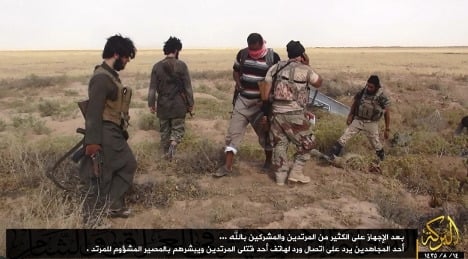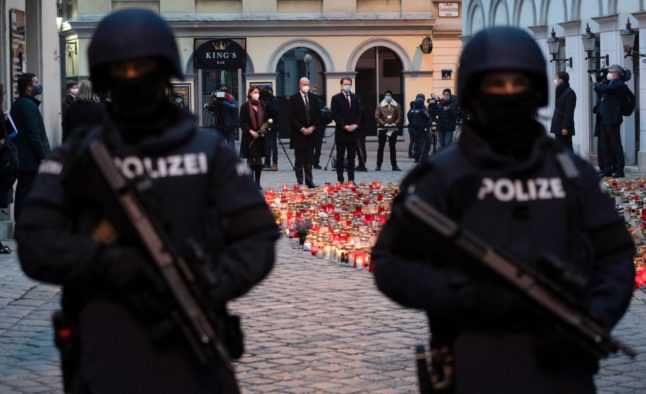The wearing of symbols of the terror group "Islamic State" (IS) should be banned soon, reports the newspaper Wiener Zeitung.
A final agreement is not confirmed said a representative of the Interior Ministry on Friday night, but it would be ready by early next week. The government has agreed on an appropriate amendment to the Abzeichengesetz (Badge Law) of 1960 – which outlaws Nazi symbols, flags, uniforms and insignia from banned organizations – with the only matter remaining to be settled being the range of sentencing options for the courts.
A spokesman for Interior Minister Johanna Mikl-Leitner of the conservative Austrian People's Party (ÖVP) was unable to be specific about details of the changes, but suggested they were on a "good path."
According to the spokesman, only minor changes should be needed to the Badges Act. No general prohibition of Isis was necessary, because existing laws would be sufficient.
Early next week, tougher measures against suspected jihadists are expected to be announced at a press conference that will include Mikl-Leitner, Justice Minister Wolfgang Brandstetter, Vice Chancellor Reinhold Mitterlehner and Foreign Minister Sebastian Kurz.
It's entirely possible that next's weeks press conference may discuss the possibility of withdrawing citizenship or asylum status from returned jihadists, as is proposed by countries like Denmark.
Earlier on Friday, Germany announced a similar ban on Isis and its symbols.



 Please whitelist us to continue reading.
Please whitelist us to continue reading.
Member comments